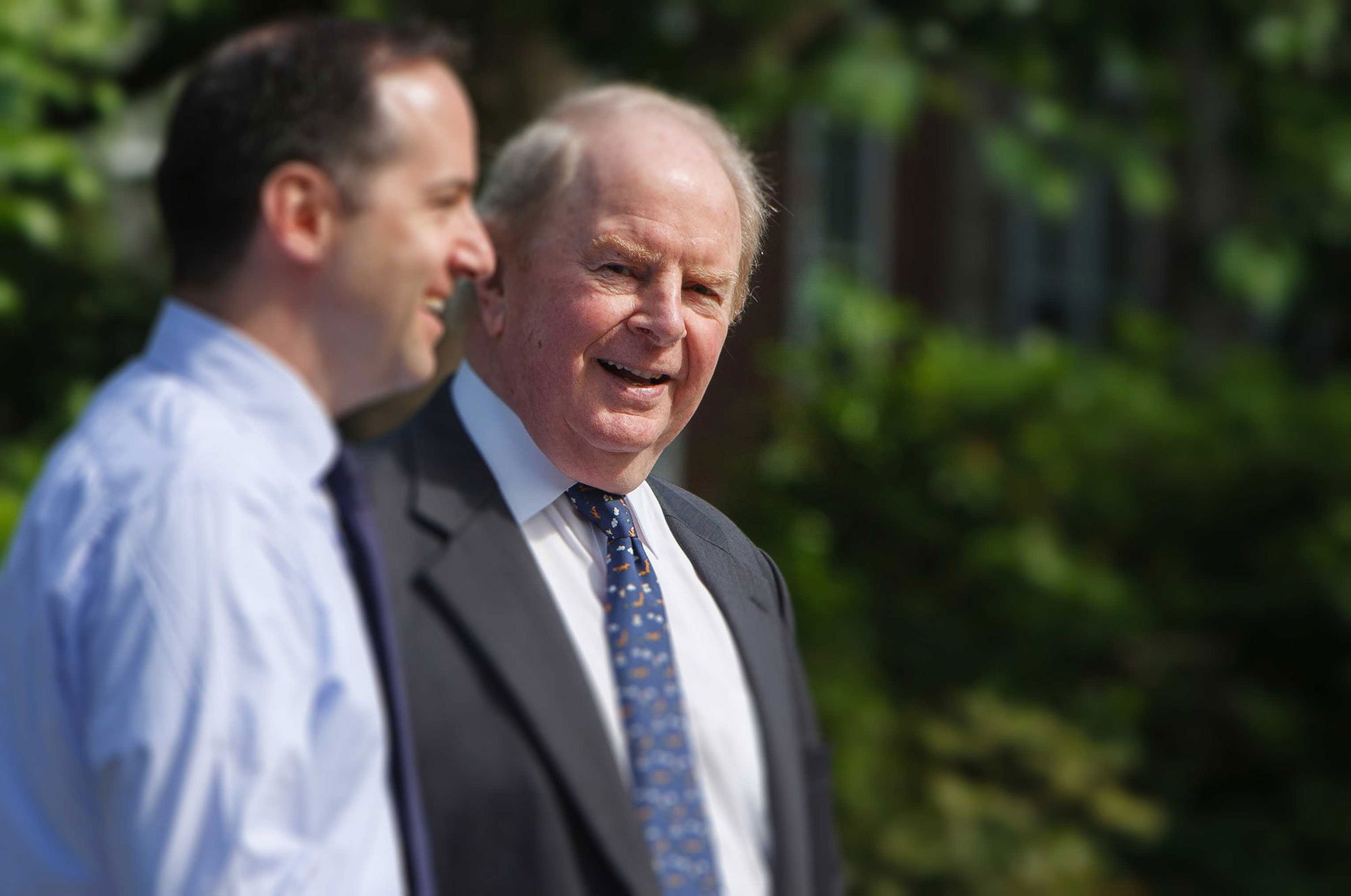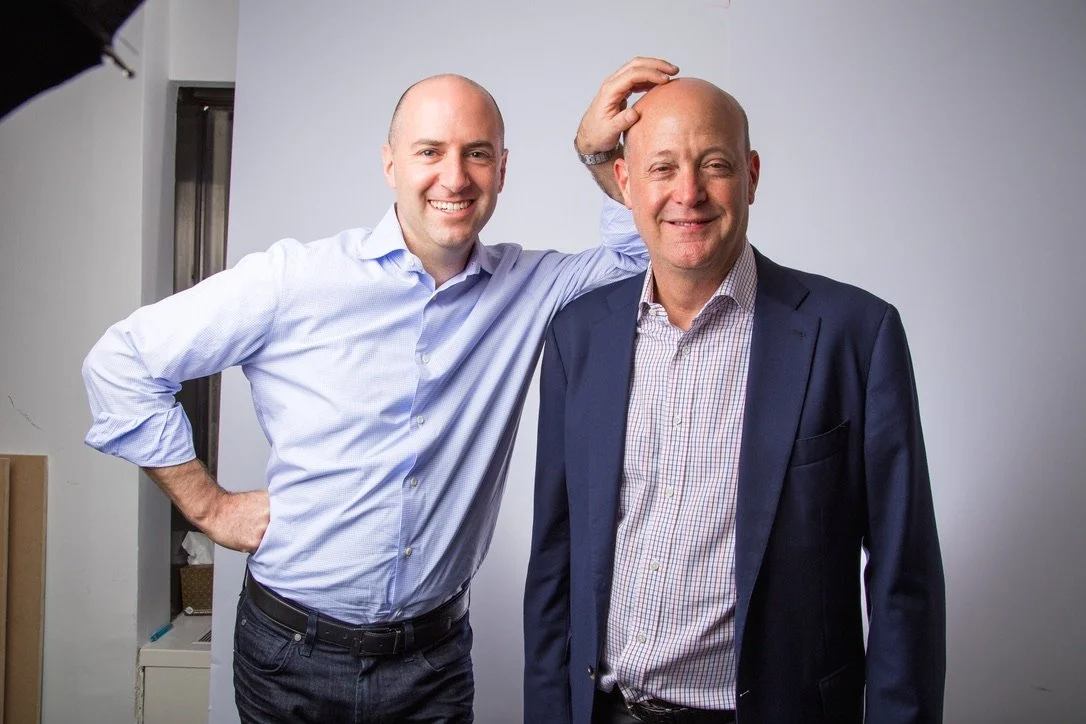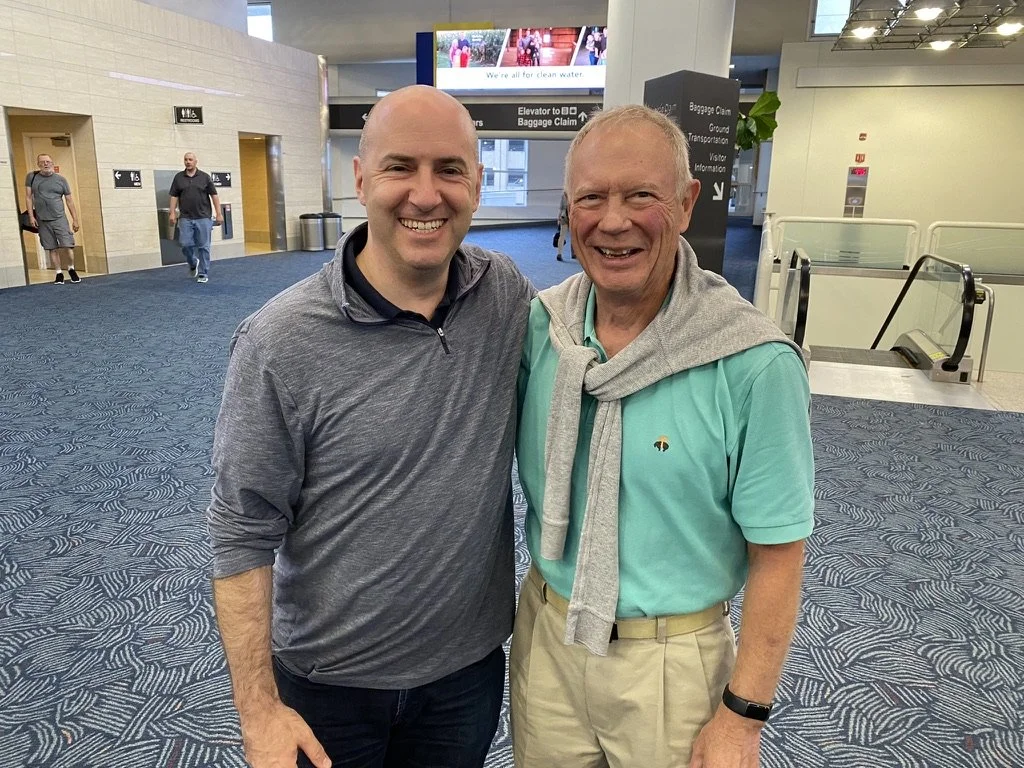
Eric sees what others do not and accomplishes things most others cannot.
– AL PIZZICA | CO-FOUNDER | PRAVI
About Eric Sinoway
Eric Sinoway’s life and career have entailed extraordinary experiences working with some of the world’s most respected and accomplished individuals and organizations.
Eric is what Howard Stevenson describes as the “embodiment of entrepreneurial thinking.” Howard says that Eric is “always seeking the new opportunity to transform an organization for the better and identifying new ways of doing things, whether that be in the for-profit or nonprofit sector, in a high growth or well established organization.”
Eric has demonstrated success in the areas of partnership development, executive management, writing, and external relations and fundraising. He is a highly sought after advisor, speaker, and thought leader.
Eric’s career has entailed work with a renowned hospitality entrepreneur (Chip Conley), a Fortune 100 conglomerate (Cendant), a national non-profit started by Arnold Schwarzenegger (After-School All-Stars) and as the President of a groundbreaking partnership development agency (Axcess Worldwide) and the CEO of a media company (Worth). His position at Harvard, created specifically for him by Howard Stevenson, was to develop and execute new external relations and fundraising strategies for the University globally.
Eric grew up in a small town in Western NJ near Lake Hopatcong. A summer job washing dishes at fourteen years old led Eric to Cornell’s School of Hotel Administration, where he earned his undergraduate degree. It was during his “mid-career master’s” program at Harvard’s Kennedy School that Eric first met professor and Harvard Vice Provost Howard H. Stevenson.
What’s a good way to get to know Eric?
Ask Howard to tell us about him, which he does in the interview below.
An interview with Howard Stevenson
ABOUT ERIC SINOWAY
HOWARD: The first time I met Eric was during a walking meeting I had scheduled between other appointments when he explained to me how he had tentatively been scheduled to undertake an independent study with the President of Harvard at the time, Larry Summers. Larry’s ability to participate had just changed and Eric had been steered to speak with me about supervising his study. I immediately concluded that if Eric had somehow gotten Larry to agree to something, which is not easy, there must be something pretty special about him.
Eric is the world’s greatest relationship and connectivity machine.”

Eric generated a brilliant new strategy.
– RALPH MUCERINO | PRINCIPAL RPM STRATEGY & CONSULTING LLC
authentic,
creative,
strategic,
visionary,
caring,
& fun.
How to describe Eric?
HOWARD: He’s the world’s greatest relationship and connectivity machine. Eric is not afraid to do whatever it takes to get a person to take a call, listen to an idea, or respond to an opportunity he’s passionate about. He is not a schmoozer, but someone of real gravitas and depth. He doesn’t suffer fools easily. He sees where “the puck will be.” Often, he’s unstoppable. In a few words: authentic, creative, strategic, visionary, caring, and fun.
What has made Eric successful?
HOWARD: Eric is always conscious of what’s going on around him. He has an unusual ability to quickly assess the totality of a situation. He focuses on where the person or organization with which he is speaking is headed as opposed to blindly trying to advance his own interests. He then creates ideas that the person he is targeting will find helpful to their life. It becomes a conversation about what’s in it for the other person – and in doing so, he creates a level of trust and an element of caring that ultimately is good for all parties.
You’ve spent 40 years associated with Harvard. What was it like working with Eric there?
HOWARD: Eric’s time working in development, fundraising, and external relations at Harvard was a great success. He wasn’t particularly awed that it was Harvard or satisfied with what had worked historically. He always wanted to try something new. That endeared him to people who hadn’t heard a new idea, or from someone willing to try one against the odds, in a long time.
Eric was one of the first people to ever advance the idea that, with scarcity and prestige, you could raise money from anyone, not just Harvard graduates. That was new and innovative. We had done a bit of it, but he was much more successful than the institution had ever been. Most of our fundraising historically was from our graduates. By looking at opportunity without constraints, Eric caused a step-change in the University’s thinking about what was possible.
Eric caused a step-change in Harvard’s thinking about what was possible.”
Our relationship?
HOWARD: It’s based on real affection and mutual respect. We’re both quite similar in some ways and different in others. It’s part of what makes our conversations and time together fun.
Eric has a good bullshit filter and wants real action. I like to think that I do as well. He approaches things he cares about with a certain seriousness of purpose, as do I. They don’t always work out, of course, but there’s a level of gravitas that we both try to bring to the activities in which we engage. Eric’s got an incredible ability to gather a group around him, to mobilize and energize others. I tend to be a little more introverted. Part of the enjoyment I’ve had is participating in some of the ideas and initiatives that Eric has pulled me into.
How and why did the book come to be?
HOWARD: When Eric raised the idea of capturing some of our conversations as I was recovering from my heart attack, it sounded like a lot of fun. It was an opportunity to keep my brain alive after sitting in a hospital room and at home for extended periods.
The book seems to have resonated and been helpful more widely than I think either of us initially envisioned, which gives me great joy. I think it captures the spirit of fun involved in mentoring. Eric gets a lot of credit for shaping it in a way that I hope is both substantive and fun, which is how many have described it. Its resonance globally and seeming “evergreen” appeal has been humbling and gratifying.
One of the things the book does is to illustrate how much uncertainty there is in the world. It helps point out how hard decisions are and how often a small decision makes a difference. Think of me taking a meeting with an unknown graduate student – Eric – at Harvard all those years ago. As the Vice Provost at the time, it would have been easy for me to say I was too busy. The outcome of that first meeting was a friendship with Eric that has lasted decades as well as the creation of the book, which neither of us could have predicted.
Finally, I hope some of the book’s contributors illustrate how to embrace uncertainty and to understand emotions. Emotions are really what make decisions. You get all the facts and then you weigh the pluses and minuses with emotions. I’ve found the key in many instances is to focus on making the outcomes of decisions good as opposed to trying solely to make good decisions, which is impossible. Eric is very good at that.

About Howard Stevenson
READ THE INTERVIEW WITH ERIC




















